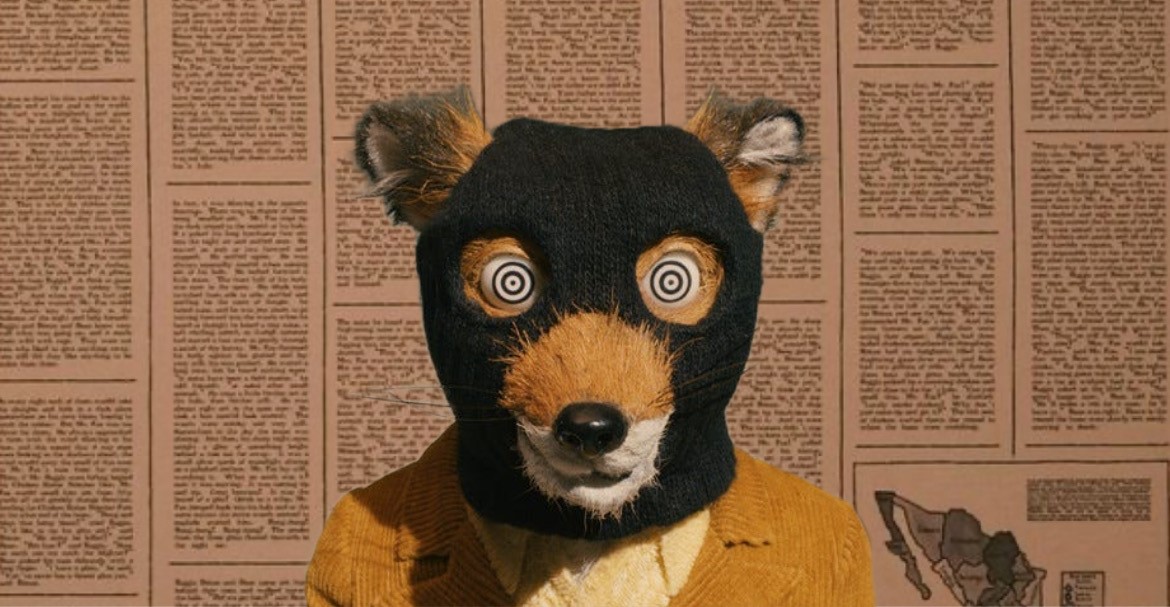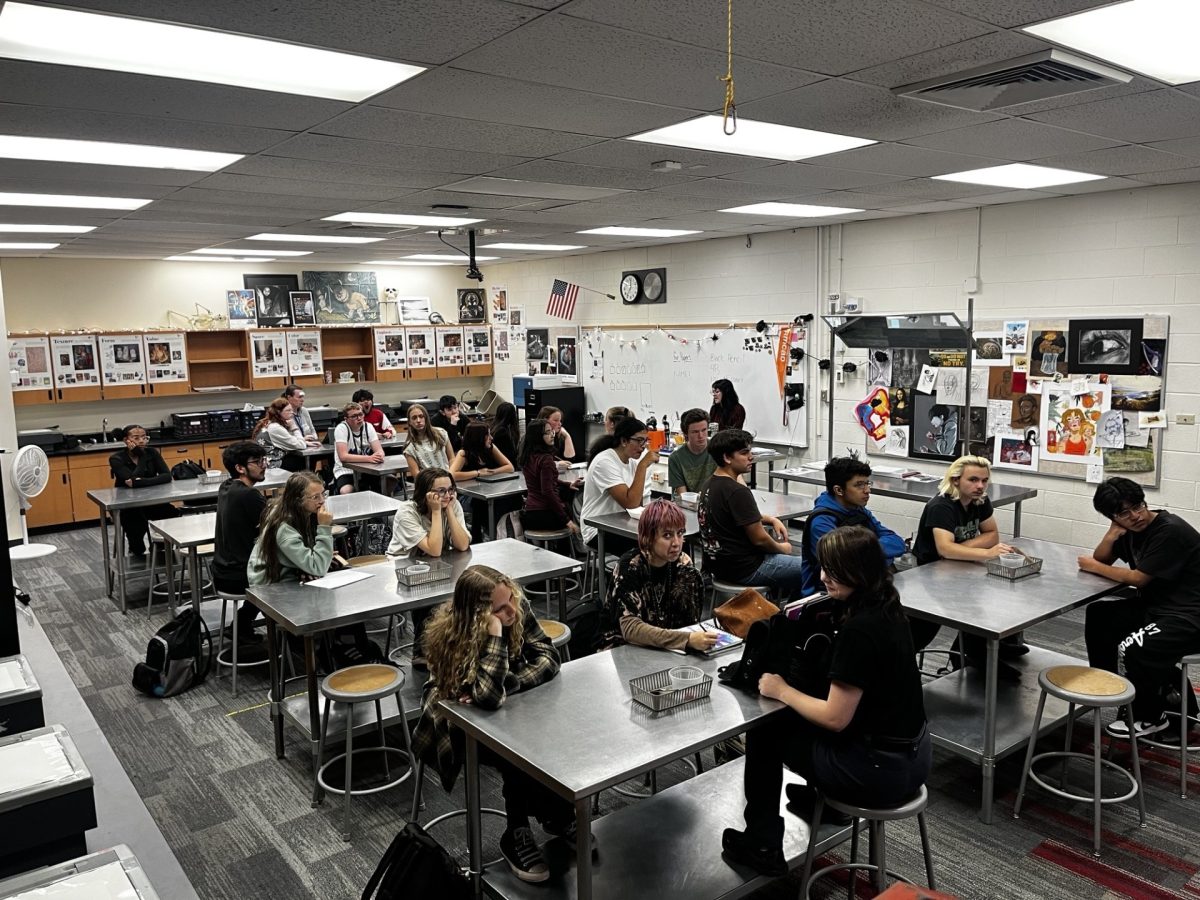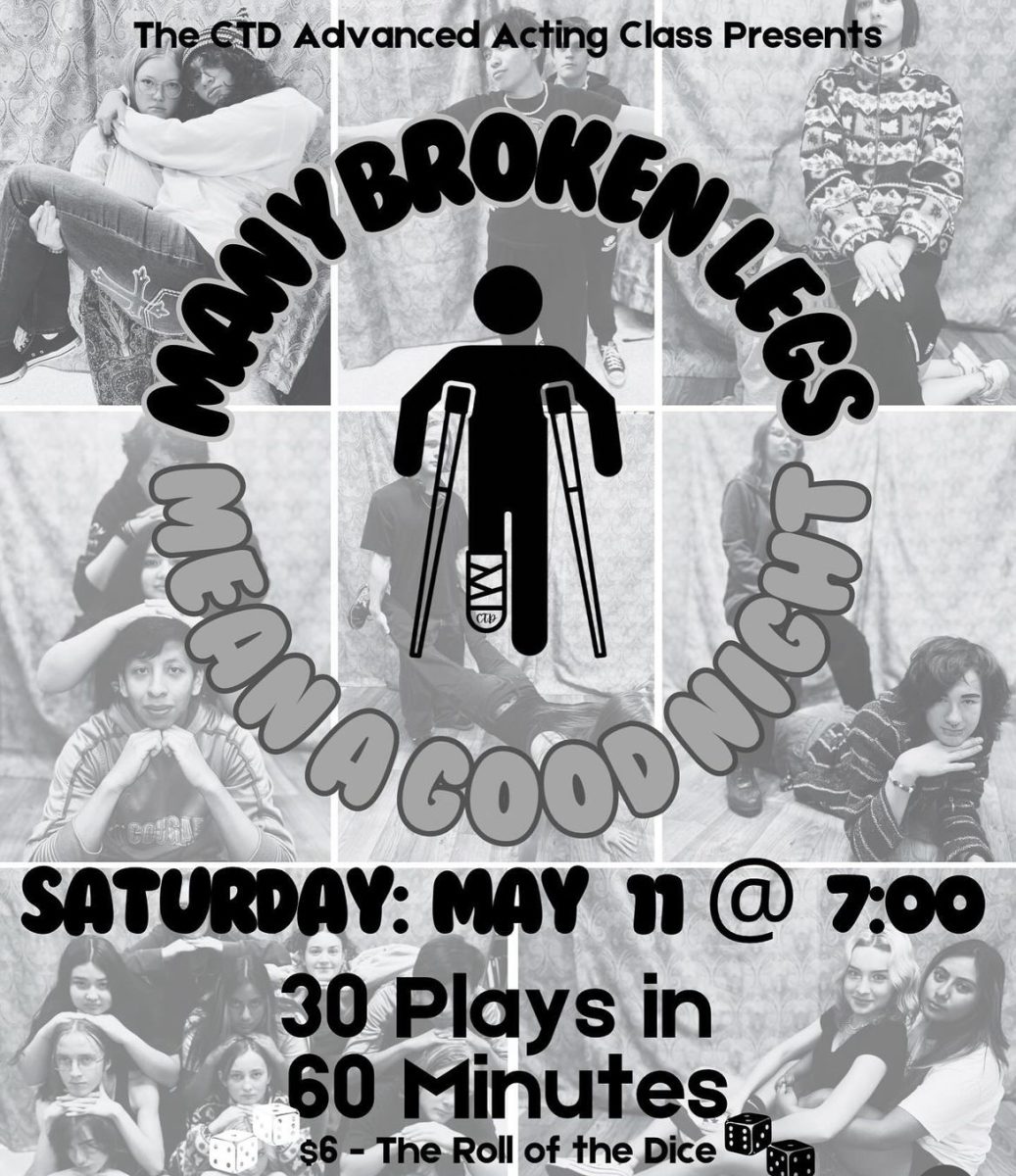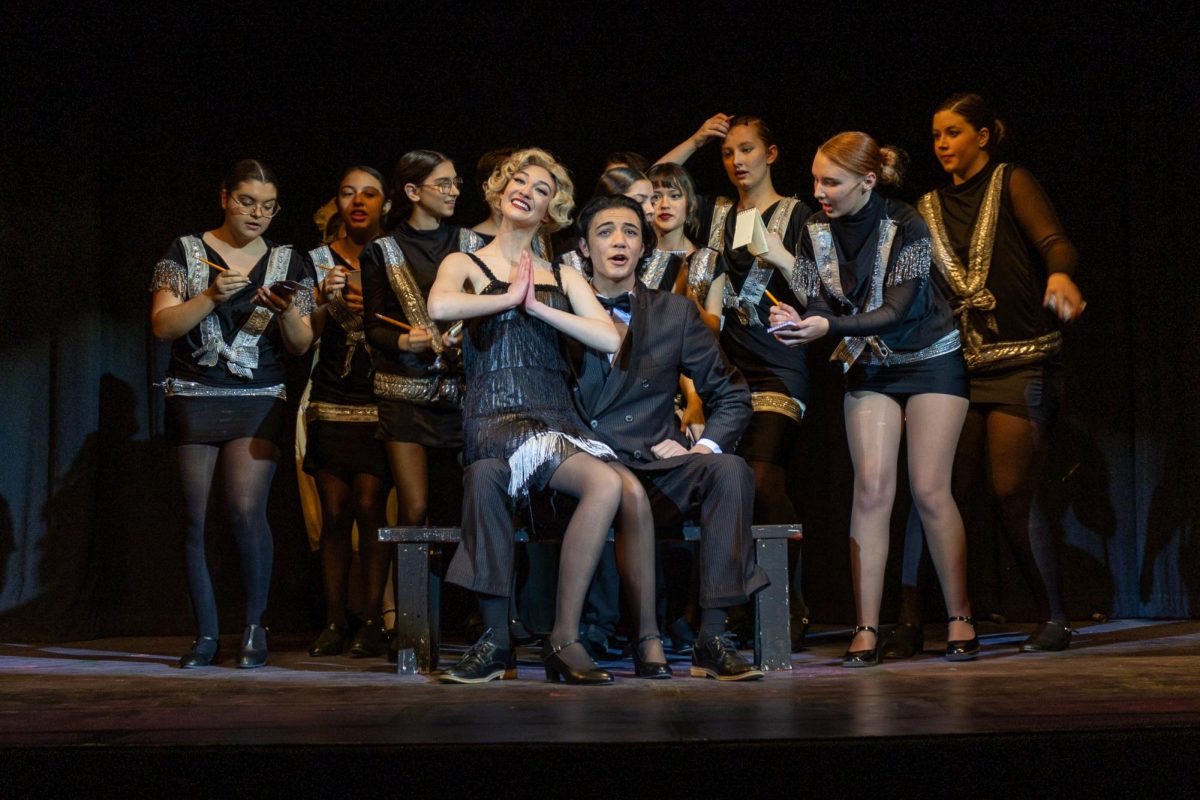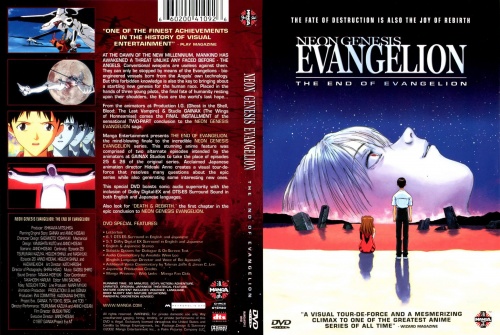This past Thanksgiving, I decided to rewatch my all-time favorite childhood movie, Wes Anderson’s Fantastic Mr. Fox, and not to toot my own horn here, but five-year-old me had pretty good taste. As I prepare to enter my next stage of life, I’ve found any and all media concerning change particularly meaningful, and Fantastic Mr. Fox did not disappoint.
The film follows Mr. Fox, a dissatisfied newspaper columnist who reverts to his once youthful thievery, stealing goods from three greedy farmers: Boggis, Bunce, and Bean. Seeking revenge, the farmers and Fox family engage in a calamitous back and forth, but what really makes this story compelling is its dedication to growth, more specifically, learning to be comfortable in one’s own skin.
Mr. Fox’s son, Ash is described throughout the film as being a bit “different,” at the displeasure of his father, as the two cannot seem to connect. Ash vies for Mr. Fox’s approval, attempting to follow in his footsteps, even putting himself in mortal danger to do so, but this only pushes the pair further apart. The film posits that perhaps to accept one another, they each must stop chasing the version of themselves that they deem ideal: perhaps it’s okay to be different.
Mrs. Fox, Ash’s mother, echoes this sentiment, assuring Ash that his oddness is well, fantastic, with Bogdan Richardson, Class of 2024, sharing that, “the things that made him different didn’t make him bad in any way. He just made use of his talents.” But the film isn’t just about accepting oneself, it’s about growing into that self over and over again. Ash and Mr. Fox are actually quite similar, with Ash coming into his prime and Mr. Fox exiting it, both must grapple with what their lives are becoming, or rather what they are becoming.
The film forces the viewer to confront these human struggles by way of animated puppets, creating a whimsical atmosphere many of us have already left behind at the kid’s table. “The animation style holds a very silly feeling throughout, especially with the close-ups of the animal’s faces,” Bogdan continued. Part of what makes the film so charming is its use stop-motion animation, crafted by animators Ian Mackinnon and Peter Sonders, whose catalogue of work includes Coraline and The Corpse Bride.
“Wes had a very clear idea of what he wanted, and I think he made us challenge all our preconceptions about what stop-motion puppets are,” said Peter Saunders, describing the challenges of working with Anderson, who did not have any prior experience working with the medium. Though of course, Anderson respected the art, telling Slate Magazine, “Stop-motion has a lot of texture in it…when it’s texture you sense you’re looking at miniatures. There’s something magical about that to me.”
While Anderson’s directing style is at times deemed too precise, he was able to capture a nostalgia for who we all once were and allow us to grieve for the parts of ourselves that we will never return to. And that’s okay. In fact, refusal to confidently step into his new role in life becomes Mr. Fox’s downfall.
Mr. Fox describes his need to always achieve perfection, to dazzle his audience with his fantastical feats of wit. To him, being a good husband and father isn’t enough. Mr. Fox’s feelings of inadequacy, which he is forced to confront near the end of the film, stem from his inability to reconcile who he once was with who he has become, and fundamentally, he sees one as being more worthy.
I think we’ve all had those moments, when we look in the mirror and don’t recognize the person staring back. Perhaps our eyes look a bit duller, or our hands look more worn than when we saw them yesterday, and we miss who we used to be, just now realizing that we have already left them behind. But that’s okay. When asked to describe Fantastic Mr. Fox, Trey Gregory-Alford, Class of 2024, said, “at first I thought it was a little weird, but I like it now,” and I think that’s the perfect mindset to have about change: eventually we may grow to love what we once found peculiar.
“They say our tree may never grow back,” Mr. Fox tells his family after the dastardly farmers destroy it, “but one day something will.” He’s right of course, and we all have our trees, once vibrant, now dull and forgotten. And we may mourn their loss, but one day something will grow in its place, or something different, or something better, or something to explore, and I think there’s something pretty fantastic about that, isn’t there?

